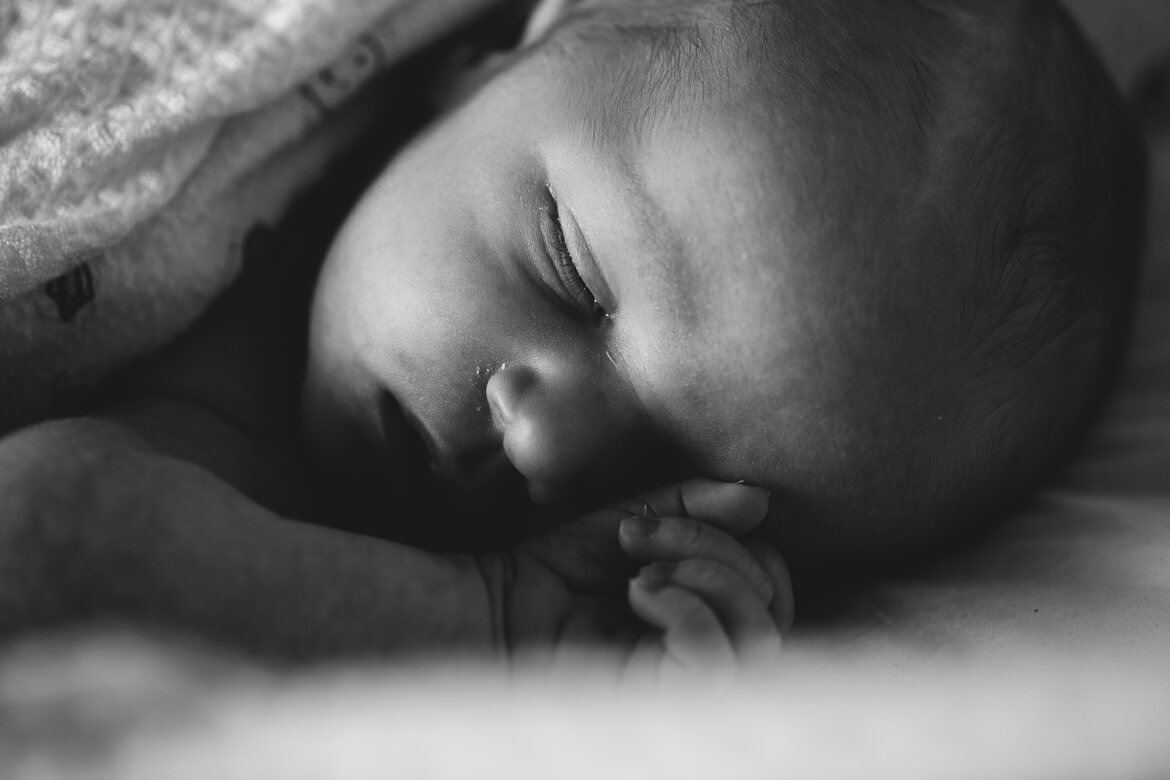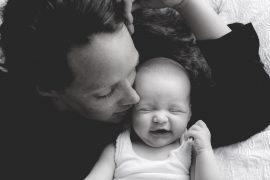By Sarah Palmer
I can’t tell you how often I see or hear mums saying “my baby has always been a terrible sleeper” (actually I can tell you…it’s a lot, like, every damn day!). I just want to give them a hug and tell them that I see how exhausted they are, but that also, it’s very likely their baby is not a bad sleeper at all. Normal infant sleep is not normalised in our culture, and this is a huge problem – one I’m on a mission to solve!
Normal infant sleep is not normalised in our culture, and this is a huge problem – one I’m on a mission to solve!
Our cultural norm is based on the “good baby” ideals, which typically translates to a baby is good if they sleep long stretches without needing parental support, don’t cry very much and basically don’t impact upon the parents’ lives too much.
What we’re sold by sleep training culture as “good” baby sleep
- Falls asleep quickly and easily, ideally with limited sleep associations and especially good if they don’t need much or any parental input
- Can go down into their cot “drowsy, but awake”
- Don’t need to be fed to sleep and can follow the Eat, Play, Sleep routine and the predetermined sleep schedules so that the parent gets time to themselves at nap time
- Self-settle or self-soothe when they do wake at night or during naps
- Take a dummy and a bottle so that other caregivers can support to sleep, or even better they just use the dummy and don’t need any support
- Are happy sleeping in their own sleep space and never sleep in your bed – as soon as the parent decides, they are in their own room for all sleep
- Sleep through the night from 4-6 months of age
What the biological norm is
- Needs support to get to sleep, well beyond the newborn phase and even past toddlerhood
- If they are going to be transferred into a cot, they likely need to be in a deep sleep and put in verrrryyy carefully and may wake immediately, or after only a short sleep
- Prefer to be fed to sleep and may only have a longer nap if contact napping, for many months
- Do not follow the sleep schedule you downloaded from the internet because sleep is a biological function that cannot be forced – they need support, but they will only sleep when they are tired
- Cannot self-settle because they don’t have the neurological capacity to yet and need support to get back to sleep
- Prefer the breast over a bottle or dummy (after all, these things were made to replicate what a breast offers!)
- Don’t sleep (or don’t sleep for long) if they are not in sensory proximity to their caregiver, and many won’t sleep unless they are close contact
- Have frequent night wakes through to toddlerhood – for young babies night wakes protect from SIDS and babies and toddlers have very underdeveloped brains & nervous systems (plus a very strong attachment instinct!) so they will seek you and your comfort when they do wake – it’s simply how they’re wired











